King Charles III, formerly known as The Prince of Wales, became King on the death of his mother Queen Elizabeth II on 8 September 2022.
In addition to his official and ceremonial duties in the United Kingdom and overseas as The Prince of Wales, His Majesty has taken a keen and active interest in all areas of public life for decades. The King has been instrumental in establishing more than 20 charities over 40 years, including The Prince's Trust, The Prince's Foundation and The Prince of Wales’s Charitable Fund (PWCF).
His Majesty has worked closely with many organisations, publicly supporting a wide variety of causes relating to the environment, rural communities, the built environment, the arts, healthcare and education.
Biography
Early Life
The Prince of Wales, eldest son of The Queen and Prince Philip, Duke of Edinburgh, was born at Buckingham Palace at 9.14pm on 14 November 1948. A month later, on 15 December, Charles Philip Arthur George was christened in the Music Room at Buckingham Palace, by the Archbishop of Canterbury, Dr Geoffrey Fisher.
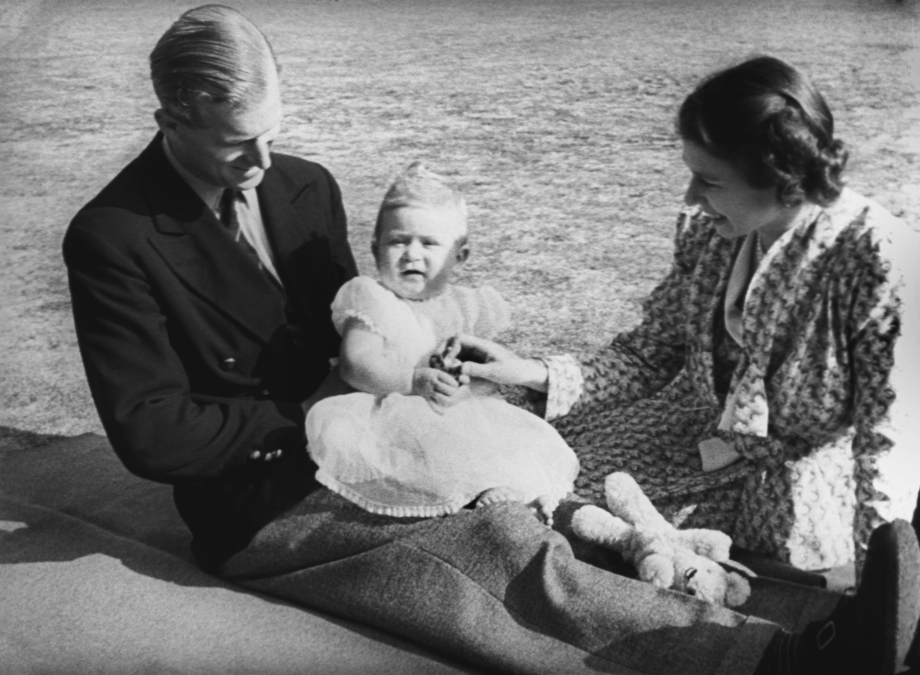
The Prince's mother was proclaimed Queen Elizabeth II at the age of 25, when her father, King George VI, died aged 56 on 6 February 1952. On The Queen's accession to the throne, Prince Charles - as the Sovereign's eldest son - became heir apparent at the age of three.
The Prince, as Heir to the Throne, took on the traditional titles of The Duke of Cornwall under a charter of King Edward III in 1337; and, in the Scottish peerage, of Duke of Rothesay, Earl of Carrick, Baron Renfrew, Lord of the Isles, and Prince and Great Steward of Scotland.
The Prince was four at his mother's Coronation, in Westminster Abbey on 2 June 1953. Many who watched the Coronation have vivid memories of him seated between his widowed grandmother, known as Queen Elizabeth The Queen Mother, and his aunt, Princess Margaret.
Education
The Queen and The Duke of Edinburgh decided that The Prince should go to school rather than have a tutor at the Palace. The Prince started at Hill House school in West London on 7 November 1956.
After 10 months, the young Prince became a boarder at Cheam School, a preparatory school in Berkshire. In 1958, while The Prince was at Cheam, The Queen created him The Prince of Wales and Earl of Chester. The Prince was nine-years-old.
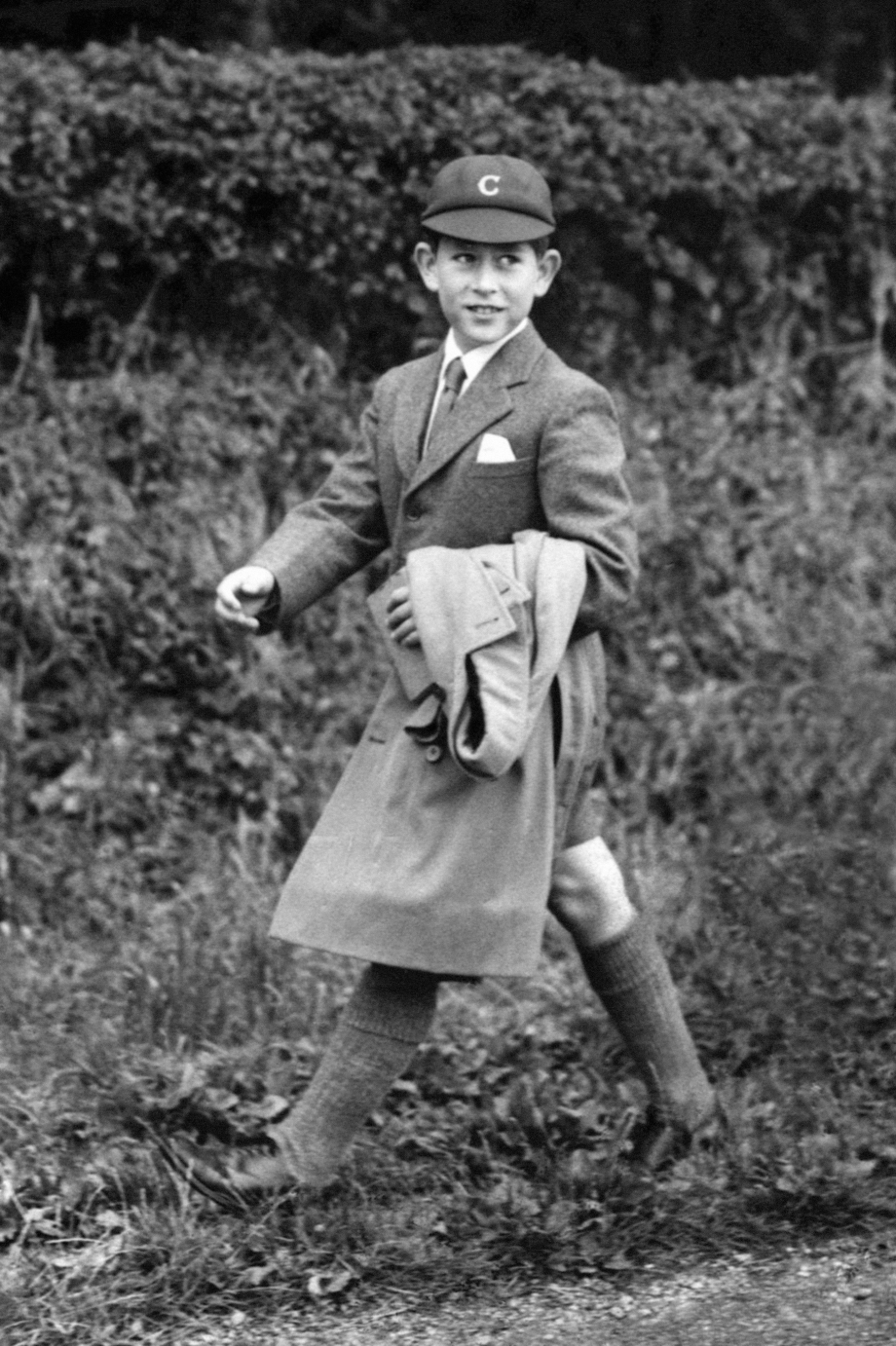
In April 1962 The Prince began his first term at Gordonstoun, a school near Elgin in Eastern Scotland which The Duke of Edinburgh had attended.
The Prince of Wales spent two terms in 1966 as an exchange student at Timbertop, a remote outpost of the Geelong Church of England Grammar School in Melbourne, Australia.
When he returned to Gordonstoun for his final year, The Prince of Wales was appointed school guardian (head boy). The Prince, who had already passed six O Levels, also took A Levels and was awarded a grade B in history and a C in French, together with a distinction in an optional special history paper in July 1967.
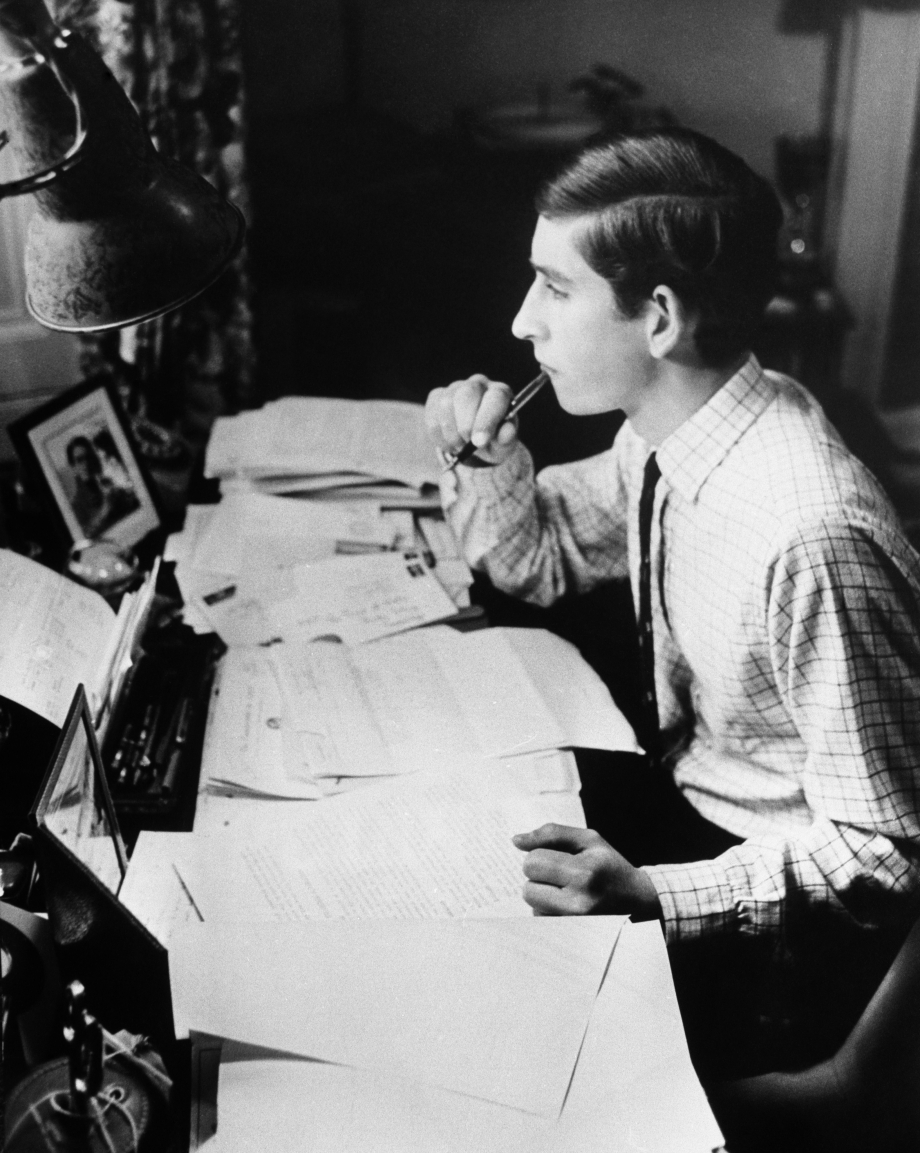
The Prince went to Cambridge University in 1967 to read archaeology and anthropology at Trinity College. He changed to history for the second part of his degree, and in 1970 was awarded a 2:2 degree.
Investiture and military career
His Royal Highness was invested as Prince of Wales by The Queen on 1 July 1969 in a colourful ceremony at Caernarfon Castle. Before the investiture The Prince had spent a term at the University College of Wales at Aberystwyth, learning to speak Welsh.
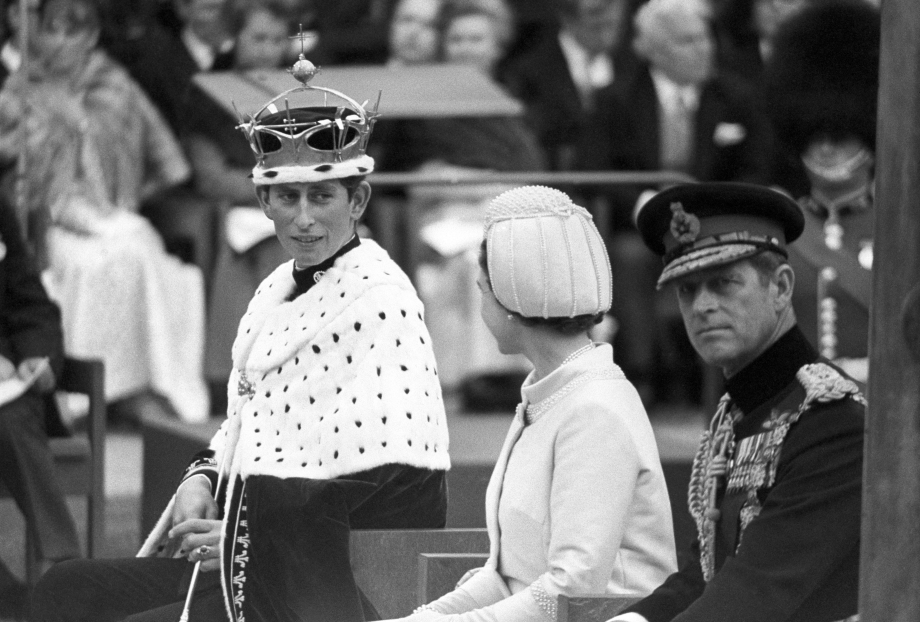
On 11 February 1970, His Royal Highness took his seat in the House of Lords.
On 8 March 1971 The Prince flew himself to Royal Air Force (RAF) Cranwell in Lincolnshire, to train as a jet pilot. At his own request, The Prince had received flying instruction from the RAF during his second year at Cambridge.
In September 1971 after the passing out parade at Cranwell, The Prince embarked on a naval career, following in the footsteps of his father, grandfather and both his great-grandfathers.
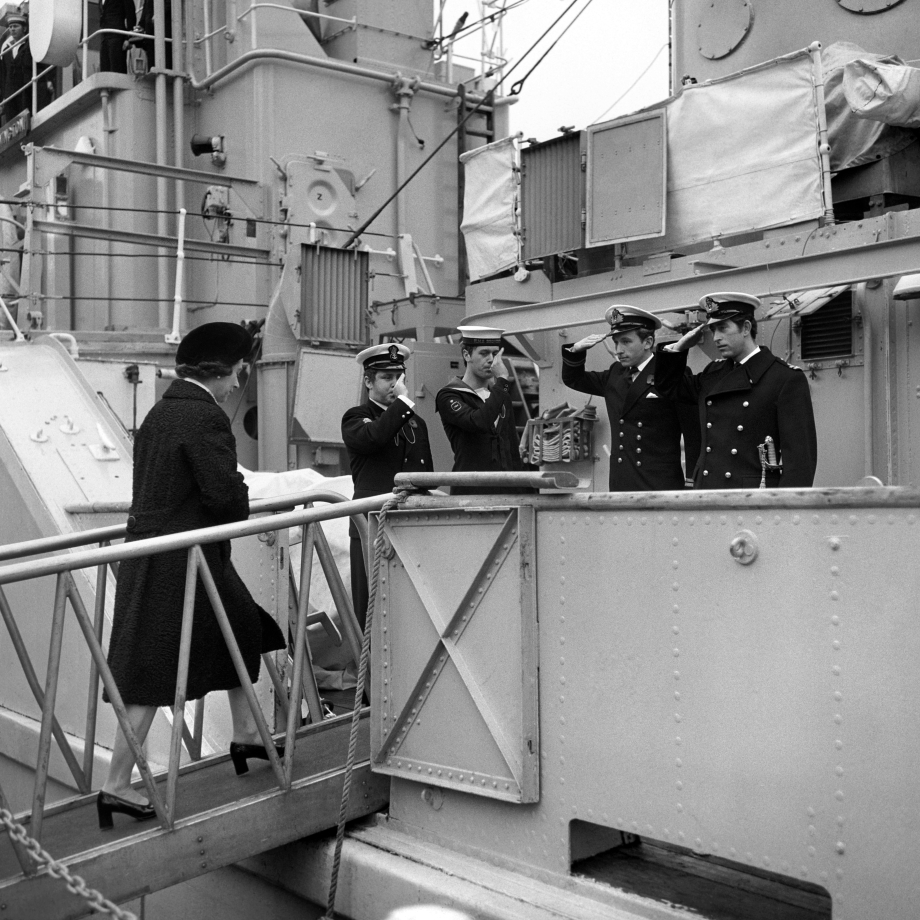
The six-week course at the Royal Naval College, Dartmouth, was followed by service on the guided missile destroyer HMS Norfolk and two frigates.
The Prince qualified as a helicopter pilot in 1974 before joining 845 Naval Air Squadron, which operated from the Commando carrier HMS Hermes. On 9 February 1976, The Prince took command of the coastal minehunter HMS Bronington for his last nine months in the Navy.
Family and Married Life
On 29 July 1981, The Prince of Wales married Lady Diana Spencer in St Paul's Cathedral.
Lady Diana's father, then Viscount Althorp and later the eighth Earl Spencer, had been an equerry to both George VI and The Queen. Her maternal grandmother, Ruth, Lady Fermoy, was a close friend and Lady-in-Waiting to The Queen Mother.
The Prince and Princess of Wales had two sons: Prince William, born on 21 June 1982; and Prince Harry, born on 15 September 1984.
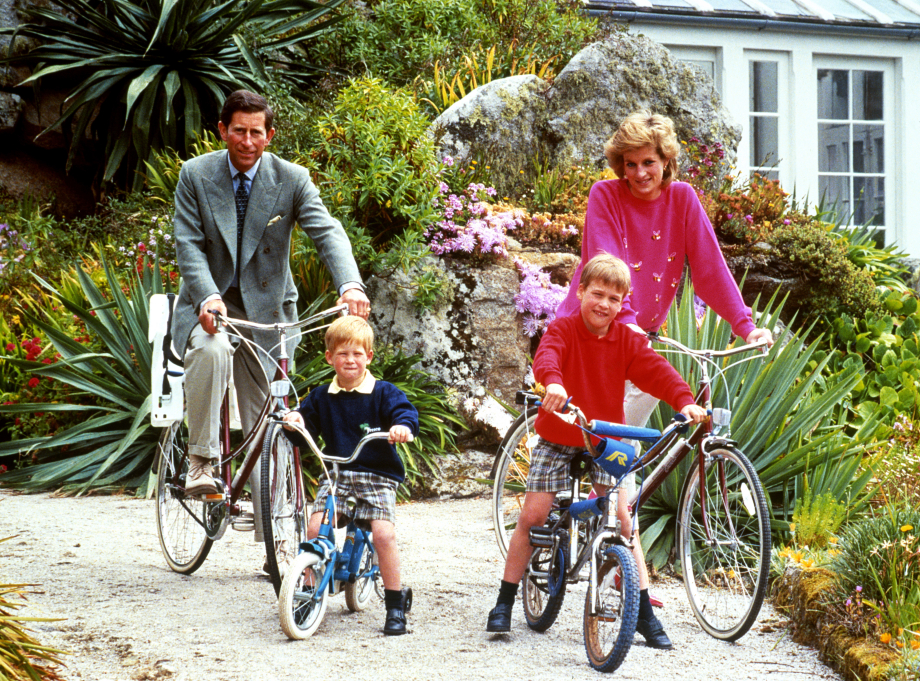
From the time of their marriage, The Prince and Princess of Wales went on overseas tours and carried out many engagements together in the UK.
On 9 December 1992, The Prime Minister, John Major, announced to the House of Commons that The Prince and Princess of Wales had agreed to separate. The marriage was dissolved on 28 August 1996. The Princess was still regarded as a member of the Royal Family. She continued to live at Kensington Palace and to carry out her public work for a number of charities.
When The Princess was killed in a car crash in Paris on 31 August 1997, The Prince of Wales flew to Paris with her two sisters to bring her body back to London.
On the day of the funeral, The Prince of Wales accompanied his two sons, Prince William, aged 15 and Prince Harry, aged 12 at the time, as they walked behind the coffin from The Mall to Westminster Abbey. With them were The Duke of Edinburgh and The Princess's brother, Earl Spencer.
The Prince of Wales asked the media to respect his sons' privacy, to allow them to lead a normal school life. In the years that followed, Prince William, who is now heir to the throne, and Prince Harry accompanied their father on a limited number of official engagements in the UK and abroad.
On 9 April 2005, The Prince of Wales and Camilla Parker Bowles were married in a civil ceremony at the Guildhall, Windsor. After the wedding, Mrs Parker Bowles became known as HRH The Duchess of Cornwall.
The Prince of Wales and The Duchess of Cornwall were joined by around 800 guests at a Service of Prayer and Dedication at St George’s Chapel, Windsor Castle.
The Service was followed by a reception at Windsor Castle hosted by Her Majesty The Queen.
Work as The Prince of Wales
The Prince of Wales supported Queen Elizabeth II as the focal point for national pride, unity and allegiance and bringing people together across all sections of society, representing stability and continuity, highlighting achievement, and emphasising the importance of service and the voluntary sector by encouragement and example.
Military Duties
His Majesty The King is a strong supporter of the Armed Services and saw them as one of the most important parts of his role as Heir to The Throne. The Prince of Wales’s relationship with the Armed Services consisted of three main activities:Promoting the role of the Armed Services within national life, through operational visits, ceremonial duties, and commemorative activity across the UK and around the world.
Supporting the welfare and interests of Service personnel, Veterans, and their families.
Maintaining the history and heritage of the Armed Services through links with Regiments, Units and Formations both in the U.K. and around the Commonwealth.
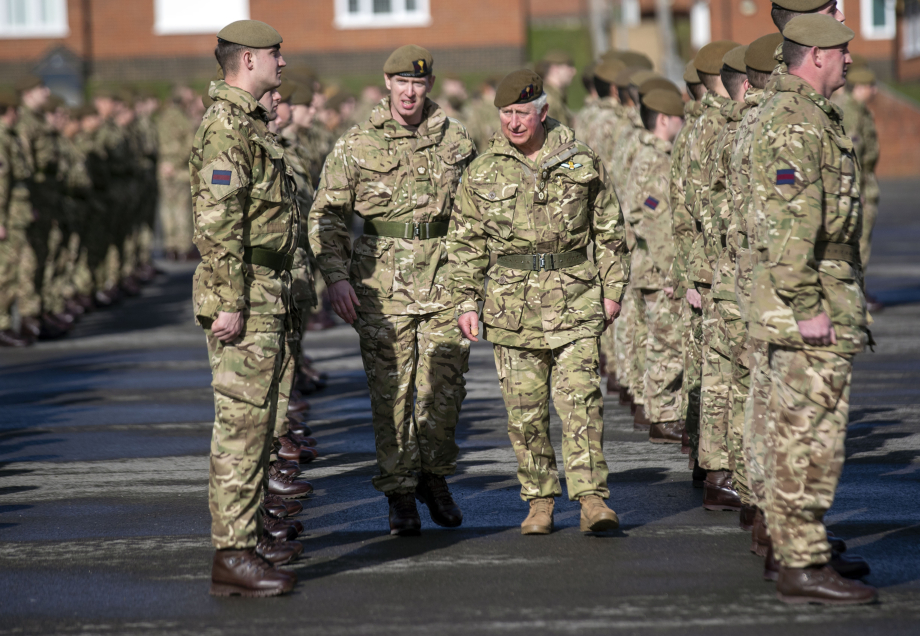
Working in the United Kingdom
Wales
Becoming The Prince of Wales at the age of nine, The King had a long and enduring relationship with Wales and that relationship remains today. As The Prince of Wales, The King was Patron of a number of Welsh Charities and organisations such as The Royal Welsh College of Music and Drama, Ty Hafan and the children’s hospice in Wales.
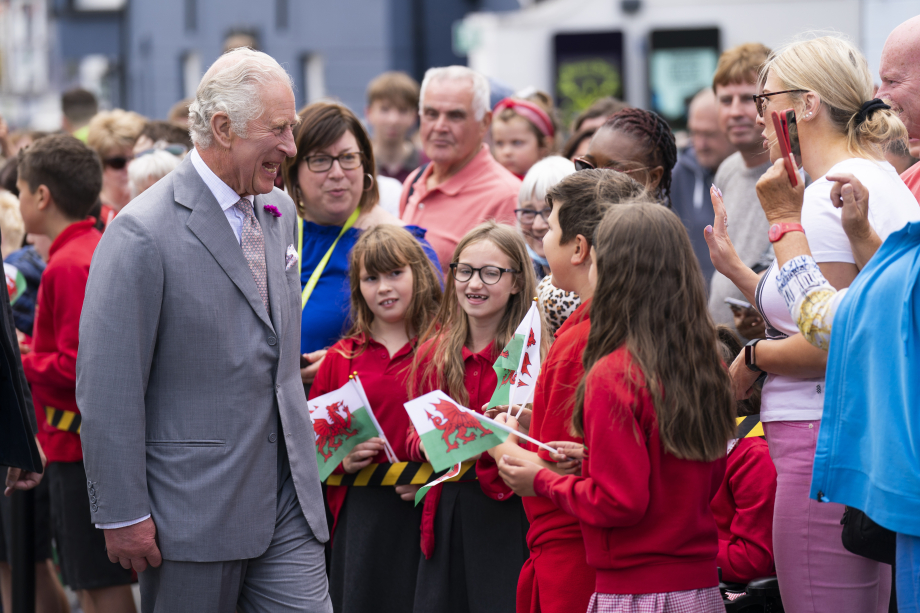
Scotland
His Majesty The King shares a fondness for Scotland. The Duke of Rothesay spent time in the country both carrying out public engagements and privately at Birkhall on the Balmoral estate in Aberdeenshire. His Majesty is Patron of a number of Scottish organisations such as the Scottish Chamber Orchestra, the Royal Conservatoire of Scotland, Scottish Wildlife Trust, Aberdeen Angus Cattle Society, Glasgow School of Art and the Gordon Highlanders Museum.
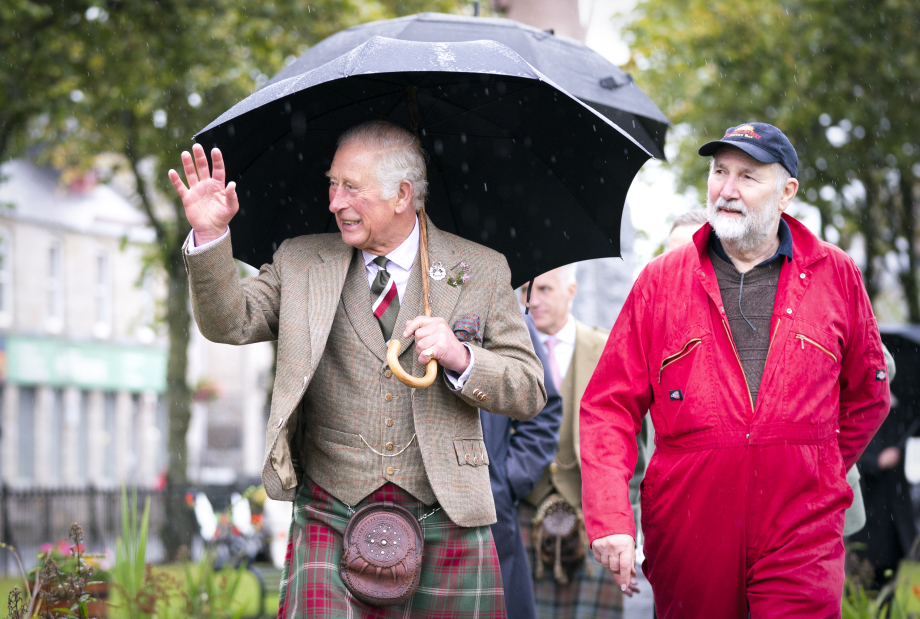
Northern Ireland
His Majesty The King has visited Northern Ireland regularly and many of his charities such as The Prince's Trust and Business in the Community are active in the province. The King is also Patron of charities such as The Royal Ulster Constabulary GC Foundation and the Ulster Watercolour Society. As The Prince of Wales, His Royal Highness took particular interest in the redesign of the house and gardens at Hillsborough, and has helped Historic Royal Palaces in their work to make the castle into one of the most significant tourist attractions in Northern Ireland.
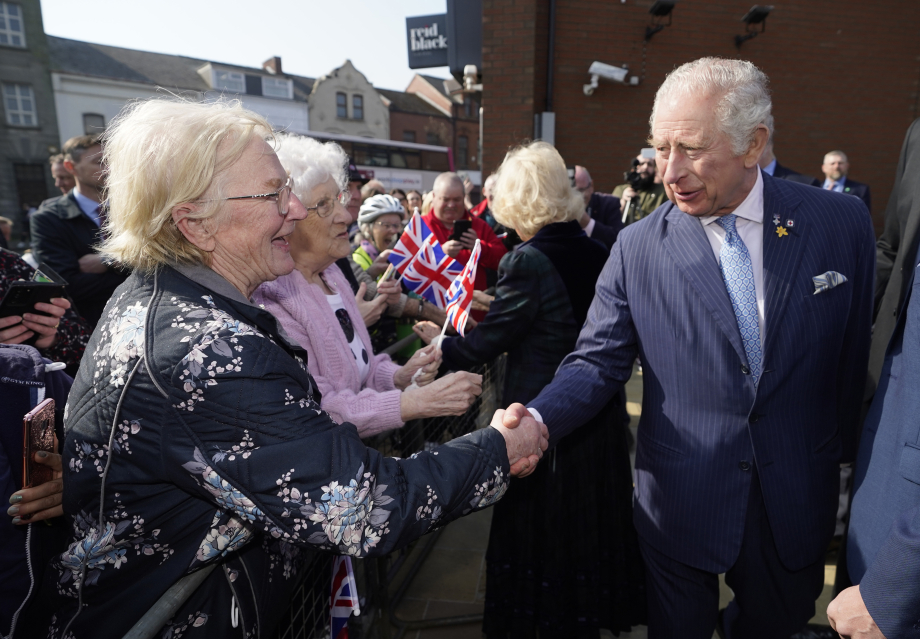
England
As well as conducting many of their engagements each year in England, The King has attended a number of important national occasions in England. His Majesty is Patron of a number of specifically English organisations such as the Royal Shakespeare Company (RSC), the Safer London Foundation, the Mary Rose Trust, the Sussex Cattle Society, the Turner Society, Yorkshire Dales Millennium Trust, Age Concern England, the Elgar Foundation and Taste of the West which promotes produce from the South West of England.
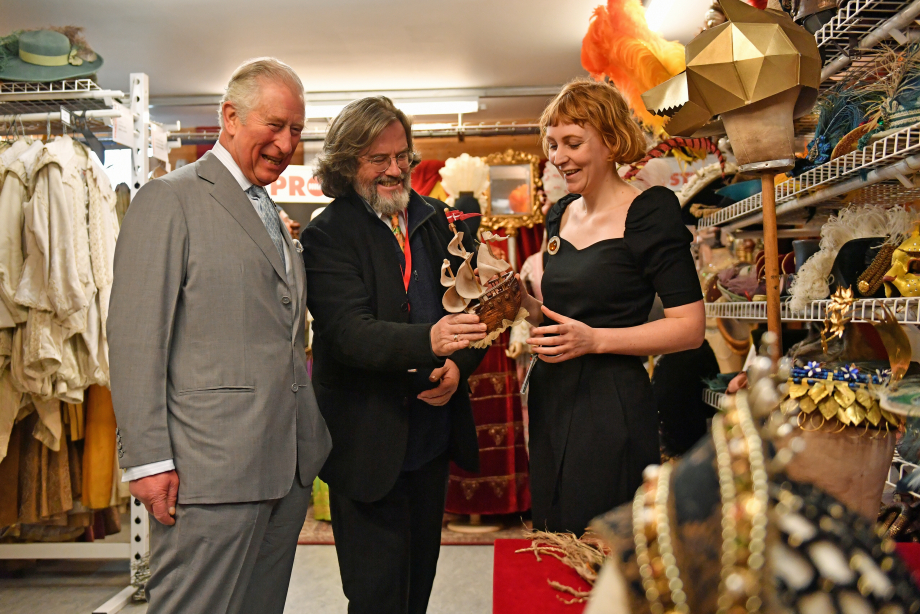
Working Overseas
As The Prince of Wales, His Royal Highness travelled abroad every year at the request of the Foreign and Commonwealth Office to further British diplomatic interests, raise the UK’s profile in the country visited and promote British excellence. Royal Tours provided an opportunity for the Heir to familiarise himself with a wide range of international issues and to meet many Heads of State and senior officials.
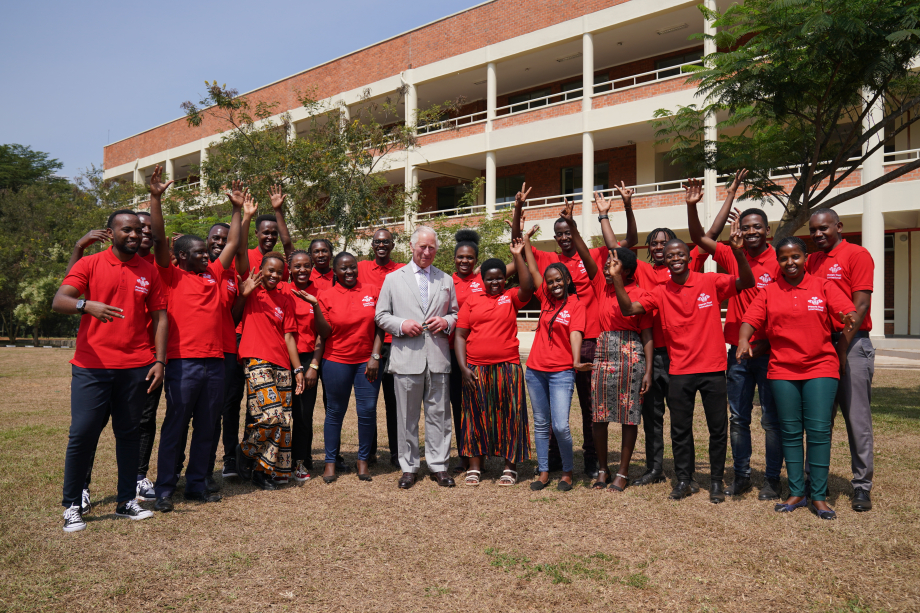
Promoting and Protecting
As well as supporting The Queen in fulfilling her role as Head of State and acting as a charitable entrepreneur, The Prince of Wales also seeked to promote and protect the country’s enduring traditions, virtues and excellence.
Among other things, this work involves:Highlighting achievements or issues that, without his support might otherwise receive little exposure;
Supporting Britain’s rural and farming communities;
Promoting tolerance and greater understanding between different faiths and communities;
Protecting the Arts and championing traditional craft and heritage skills.
Sustainability
For over fifty years, The Prince of Wales used his unique position to champion action for a sustainable future.
In the context of global challenges that include the climate crisis, deforestation, and ocean pollution, The Prince promoted sustainability to ensure that the natural assets upon which we all depend among other things soil, water, forests, a stable climate and fish stocks endure for future generations.
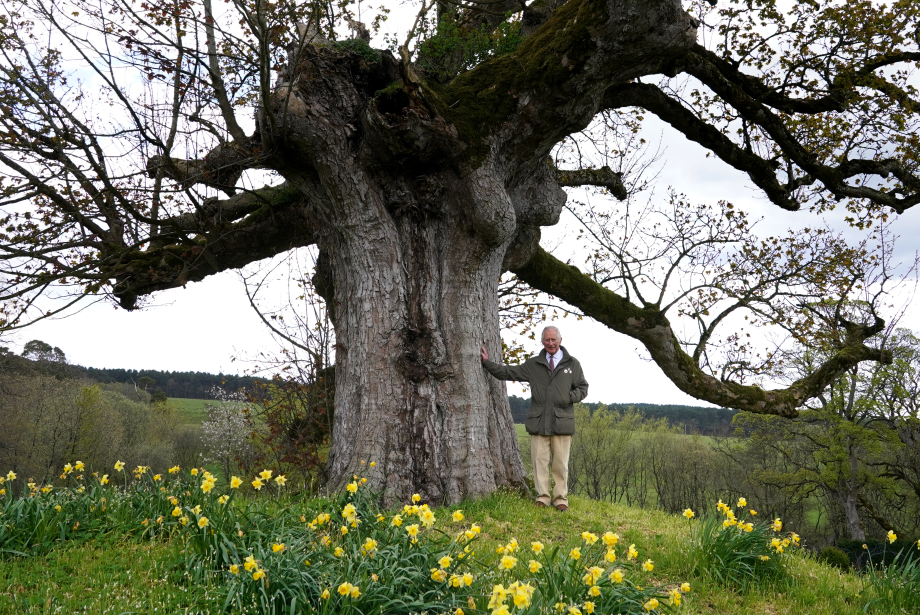
Over the decades, The Prince of Wales launched a number of sustainability initiatives aimed at delivering practical outcomes. In late 2019, His Royal Highness launched the Sustainable Markets Initiative. As well as addressing environmental challenges, The Prince promoted a more sustainable approach to planning and designing homes and communities in ways that enhance and add to the social, natural and built environment.
Charities and Patronages
Following His Majesty The King’s Accession, the Royal Household is conducting a review of Royal Patronage. The review will cover the organisations of which Her Majesty Queen Elizabeth II was Patron and those organisations to which The King and The Queen Consort were connected through Patronage or Presidency as Prince of Wales and Duchess of Cornwall.




